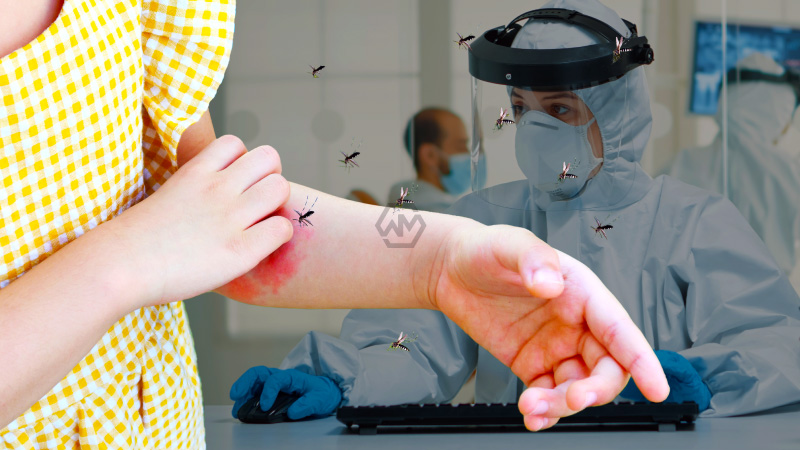- Mosquitoes are responsible for spreading deadly diseases like malaria, Zika, and Dengue, causing over 725,000 deaths annually.
- Female mosquitoes bite to obtain blood, which is crucial for egg development, while also serving as pollinators for certain plants.
- New advancements in malaria treatment, such as i-bodies, offer hope for more effective therapies to combat the disease.
Mosquitoes are the world’s deadliest animals, responsible for over 725,000 deaths annually. They transmit diseases like malaria, Zika, Dengue, and Yellow Fever, posing a major global health threat.
In 2022, malaria caused 608,000 deaths, with other mosquito-borne diseases also contributing to significant mortality, particularly in tropical regions.
Why Mosquitoes Are the World’s Deadliest Animals and Their Role in the Ecosystem
Despite their deadly reputation, mosquitoes play an important role in the ecosystem. With over 3,500 species worldwide, they serve as a food source for a variety of animals, including birds, bats, and aquatic species. Their ecological role is a reminder of the complex balance in nature, where even harmful creatures serve a purpose.
Female mosquitoes are the primary culprits behind disease transmission, as they require blood meals for the development of their eggs. While males do not bite, they still participate in the life cycle of mosquitoes by mating with females. This reproductive behavior contributes to the mosquito population and their ability to spread diseases.
Innovative approaches to combating mosquito-borne diseases are being explored. Recent research has led to the development of new malaria treatments, including i-bodies, which target multiple strains of the malaria parasite. These advancements could be key in reducing the global burden of malaria and other mosquito-transmitted diseases in the future.
Taking preventive measures, like using mosquito nets and eliminating standing water, can help reduce the risk of diseases spread by mosquitoes. Scientific advancements also offer hope for future treatment options.
“Mosquitoes are the deadliest animals on Earth, but their role in ecosystems is vital.”



